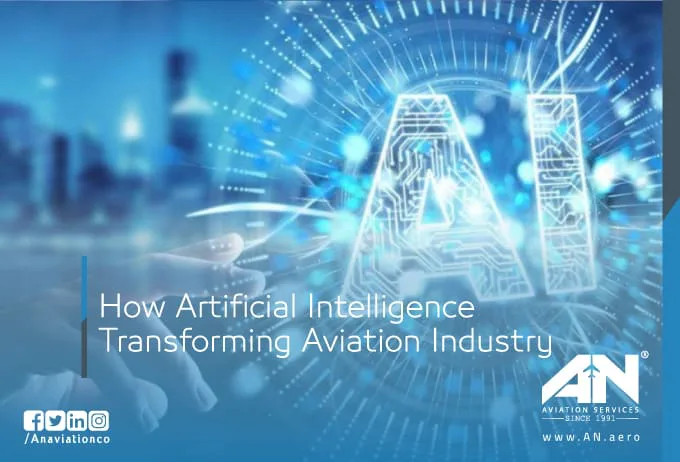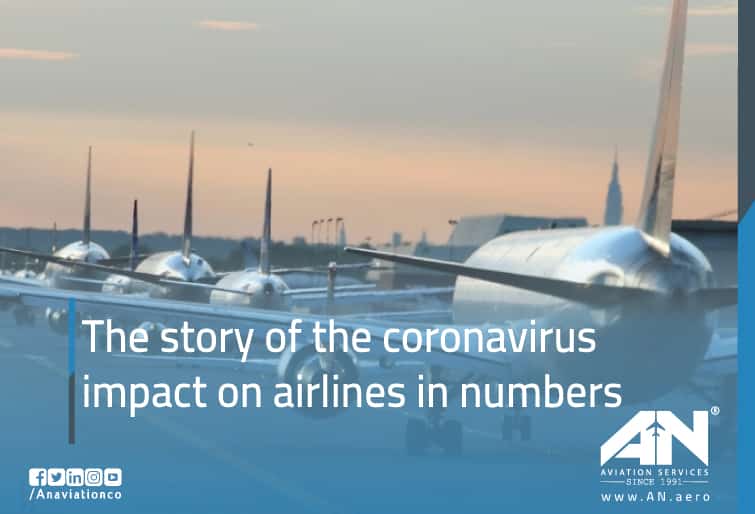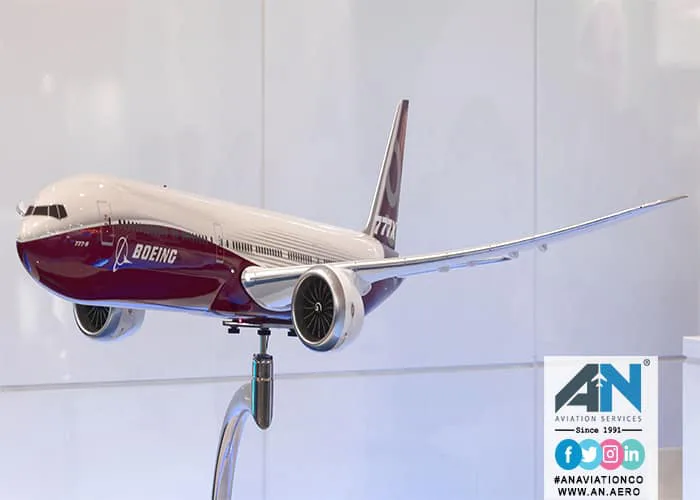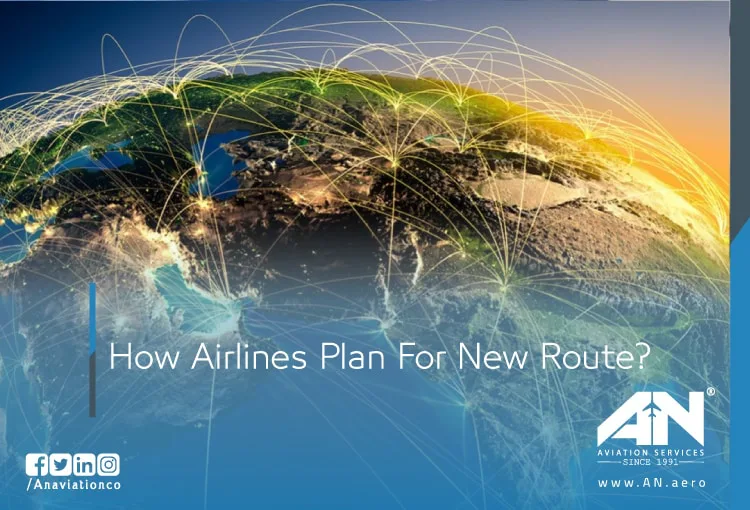
The aviation industry is no stranger to innovation, but the advent of artificial intelligence (AI) has taken it to new heights. From improving air traffic management to optimizing flight operations, AI is reshaping the way the world travels. This transformative technology is not only making air travel more efficient but also safer, more sustainable, and increasingly customer-focused.
The integration of AI technology into aviation is revolutionizing processes on the ground and in the air, with benefits extending to airlines, pilots, passengers, and the environment. In this blog, we’ll explore how AI-driven advancements are transforming the aviation landscape and why the future of flight will rely heavily on intelligent systems.
AI in Aviation: A Game-Changer
Artificial intelligence in aviation refers to the use of AI-powered systems and machine learning algorithms to enhance operations, decision-making, and overall efficiency. By analyzing real-time data and identifying patterns, AI can make intelligent predictions, automate complex tasks, and offer innovative solutions to long-standing challenges.
From flight route optimization to predictive maintenance, the applications of AI in the aviation industry are vast. Here’s a closer look at some of the ways AI is transforming air travel.
AI-Driven Air Traffic Management
Managing air traffic is one of the most complex aspects of aviation, with thousands of flights taking off and landing every day. AI-based solutions are revolutionizing air traffic management by processing vast amounts of real-time data to improve efficiency and safety.
AI-powered systems can predict traffic patterns, anticipate delays, and help air traffic controllers make better decisions. By analyzing weather conditions, aircraft positions, and flight schedules, AI ensures smoother operations, reduces congestion, and minimizes the risk of errors. This enhanced level of control is particularly valuable in busy airspaces and during peak travel seasons.
Predictive Maintenance: Keeping Aircraft Safe
Aircraft maintenance is critical for ensuring passenger safety and operational reliability. Traditional maintenance schedules often rely on set intervals, which can lead to unnecessary downtime or unexpected issues.
With AI applications, airlines can shift to predictive maintenance, a proactive approach that uses sensors and machine learning algorithms to monitor the health of aircraft components in real time. These systems detect potential issues before they become major problems, allowing airlines to address them during routine operations rather than grounding an aircraft unexpectedly.
By implementing AI-driven maintenance solutions, airlines can reduce costs, enhance safety, and improve operational efficiency.
Optimizing Flight Routes and Fuel Consumption
One of the biggest challenges for the aviation industry is reducing fuel consumption and its environmental impact. AI plays a significant role in addressing this challenge by analyzing vast amounts of data to identify the most efficient flight routes.
Using AI technology, flight planning systems can account for factors like weather patterns, air traffic, and wind speeds to create optimized flight plans. This not only reduces fuel usage but also shortens travel times and decreases carbon emissions.
For example, airlines can use AI-powered systems to calculate the best altitudes and speeds for specific routes, maximizing efficiency while ensuring passenger comfort. As the industry works toward sustainability goals, AI will be instrumental in making air travel more environmentally friendly.
Enhancing Customer Satisfaction
AI isn’t just improving operations—it’s also transforming the passenger experience. Many airlines are leveraging AI-based systems to enhance customer satisfaction at every stage of the journey, from booking to arrival.
Virtual assistants and chatbots, powered by AI technology, provide personalized customer support by answering queries, managing bookings, and offering travel updates. These systems operate 24/7, ensuring passengers receive timely assistance without delays.
AI is also being used to tailor services to individual passengers, such as offering customized in-flight entertainment options or recommending upgrades based on travel history. This level of personalization enhances customer service and builds loyalty among travelers.
Real-Time Data for Smarter Decisions
One of the most valuable aspects of AI in aviation is its ability to process and analyze real-time data. Whether it’s monitoring weather conditions, tracking air traffic, or assessing aircraft performance, AI provides actionable insights that help airlines and pilots make smarter decisions.
For example, during adverse weather conditions, AI can recommend adjustments to the flight route or speed, ensuring passenger safety while minimizing delays. Similarly, ground crews can use AI to monitor airport operations, streamlining tasks like baggage handling and boarding to improve efficiency.
AI in Air Traffic Control
Air traffic control (ATC) is an area where AI is making a significant impact. By using AI-powered systems, controllers can manage increasing volumes of air traffic with greater precision.
AI tools help controllers predict potential conflicts between aircraft and suggest adjustments in real time. These systems also improve communication between pilots and controllers, reducing misunderstandings and enhancing safety. As air travel continues to grow, AI will play a crucial role in managing the complexity of global air traffic.
The Future of AI in Aviation
The potential of artificial intelligence in aviation is vast, and its applications will only continue to expand. Here’s what the future holds for AI in the industry:
- Environmentally Friendly Aviation: AI will help airlines transition to sustainable practices by optimizing fuel usage, exploring alternative fuels, and minimizing emissions.
- Autonomous Operations: While pilots will always play a critical role, AI-driven automation could handle routine tasks, allowing pilots to focus on more complex situations.
- Enhanced Safety: By providing detailed insights and predictive analytics, AI will further reduce the risks associated with human error.
- Streamlined Operations: From baggage handling to aircraft turnaround times, AI will continue to improve efficiency across all aspects of airline operations.
Conclusion
The integration of AI technology into the aviation industry is nothing short of revolutionary. By enhancing safety, reducing costs, and improving the passenger experience, artificial intelligence in aviation is paving the way for a smarter, more efficient future.
From predictive maintenance to AI-powered air traffic management, the applications of AI are transforming how airlines operate and how passengers experience air travel. As the industry continues to adopt and refine these technologies, the benefits will ripple across every aspect of aviation, making it safer, greener, and more convenient for everyone.
The next time you step onto a plane, remember that AI-driven systems are working behind the scenes to ensure your journey is as smooth and efficient as possible. The future of aviation is here—and it’s powered by artificial intelligence.
FAQ
How is Generative AI specifically improving the passenger experience at modern airports?
Beyond simple chatbots, Generative AI is now creating “Dynamic Travel Assistants” that offer real-time, context-aware support. These systems can instantly reroute a passenger’s entire itinerary during a weather delay, suggest personalized lounge offers based on past behavior, and provide instant translations at boarding gates. This transition from “static” information to “predictive” assistance reduces traveler anxiety and allows airlines to offer a luxury-tier service level to every passenger through automated, highly conversational interfaces.
In what ways does AI contribute to achieving “Net Zero” carbon goals in flight operations?
AI serves as a powerful tool for environmental sustainability by calculating “Eco-Efficient” flight paths. By processing massive datasets involving real-time weather, high-altitude winds, and aircraft weight, AI algorithms can suggest minute-by-minute adjustments to speed and altitude. These optimizations significantly reduce fuel burn and CO2 emissions. Furthermore, AI is now being used to predict and prevent the formation of contrails, which are known to contribute to global warming, by suggesting slight changes in flight levels.
Can Artificial Intelligence actually predict mechanical failures before they happen?
Yes, this is known as “Predictive Health Management” (PHM). AI models monitor thousands of sensors across an aircraft’s engines and airframe, identifying subtle patterns or vibrations that a human engineer might miss. By recognizing these “digital signatures” of wear and tear, the system can alert maintenance crews to replace a part during a scheduled stop rather than waiting for an actual failure. This proactive approach drastically reduces “Aircraft on Ground” (AOG) events and ensures the highest level of safety.
How does AI assist pilots in the cockpit during complex flight phases?
AI acts as a “Digital Co-Pilot,” handling the massive data load of modern avionics so the human pilot can focus on high-level decision-making. These systems provide enhanced situational awareness by highlighting potential hazards—such as nearby traffic or severe turbulence—long before they are visible. In emergency scenarios, AI can instantly calculate the most efficient emergency glide paths to the nearest suitable airport, taking into account current wind, terrain, and aircraft performance.
Is AI replacing human air traffic controllers, or is it a collaborative tool?
The current trend is “Human-AI Teaming.” AI manages the repetitive tasks of spacing aircraft and monitoring routine flight paths, which prevents controller fatigue. However, the complex ethical and strategic decisions required during emergency situations or extreme weather remain firmly in human hands. AI provides the “Optimal Solution” suggestions, but the certified human controller maintains the final authority, creating a dual-layer safety system that combines machine speed with human judgment.





